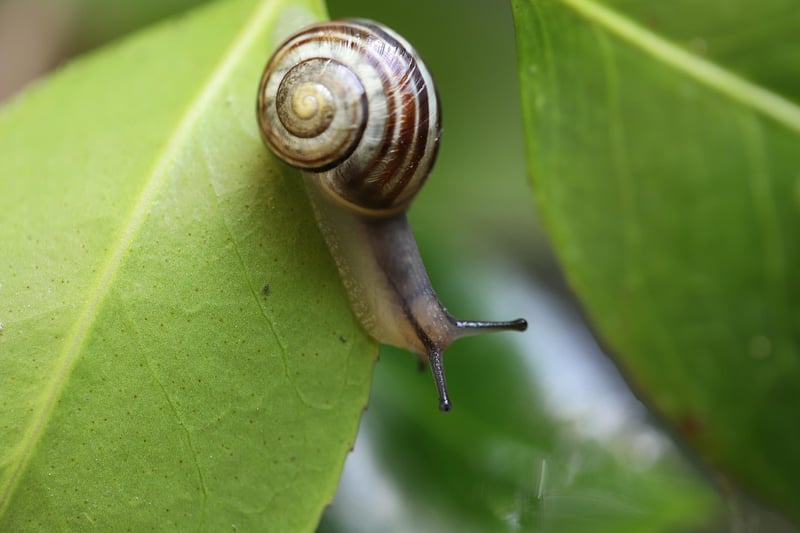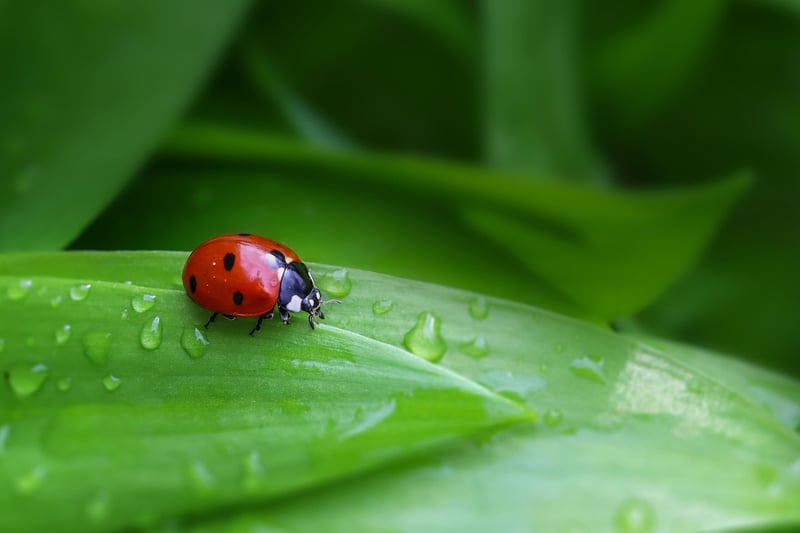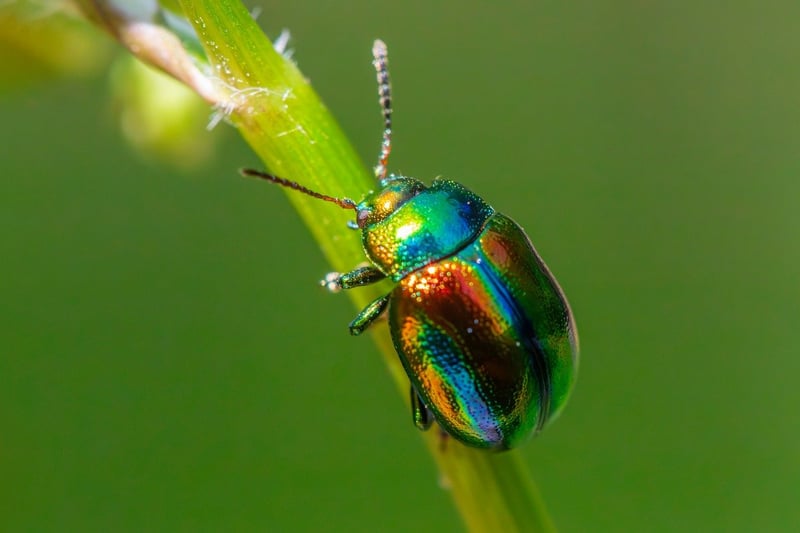Identifying Pests
Managing Garden Pests and Identifying Common Culprits
Introduction
Gardening can be a rewarding and therapeutic activity, but dealing with pests can be a frustrating challenge for any gardener. Understanding how to identify common garden pests and effectively manage them is essential for maintaining a healthy garden.
Identifying Garden Pests
Before you can effectively manage pests in your garden, it's crucial to be able to identify them. Here are some common garden pests you may encounter:
- Aphids: These small insects feed on plant sap and can quickly multiply, causing damage to leaves and stems.
- Slugs and Snails: These mollusks can devour young seedlings and leaves, leaving behind a trail of slime.
- Caterpillars: The larvae of butterflies and moths, caterpillars can munch on foliage and flowers.
- Spider Mites: These tiny pests can suck the juices out of plants, causing leaves to yellow and wither.
- Whiteflies: These small, white insects can weaken plants by feeding on sap and transmitting diseases.
Managing Garden Pests
There are several methods you can use to manage garden pests without resorting to harsh chemicals:
- Encourage beneficial insects: Ladybugs, lacewings, and parasitic wasps are natural predators that can help control pest populations.
- Handpick pests: Remove larger pests like caterpillars and slugs by hand and drop them into a bucket of soapy water.
- Use physical barriers: Row covers, netting, and copper tape can help protect your plants from pests like birds and slugs.
- Practice crop rotation: Moving plants to different areas of your garden each year can help disrupt pest life cycles.
- Apply natural remedies: Neem oil, insecticidal soap, and diatomaceous earth are effective and eco-friendly options for controlling pests.
Conclusion
By learning to identify common garden pests and implementing effective pest management strategies, you can protect your plants and enjoy a thriving garden. Remember to observe your garden regularly, as early detection and action can prevent pest infestations from causing significant damage.


